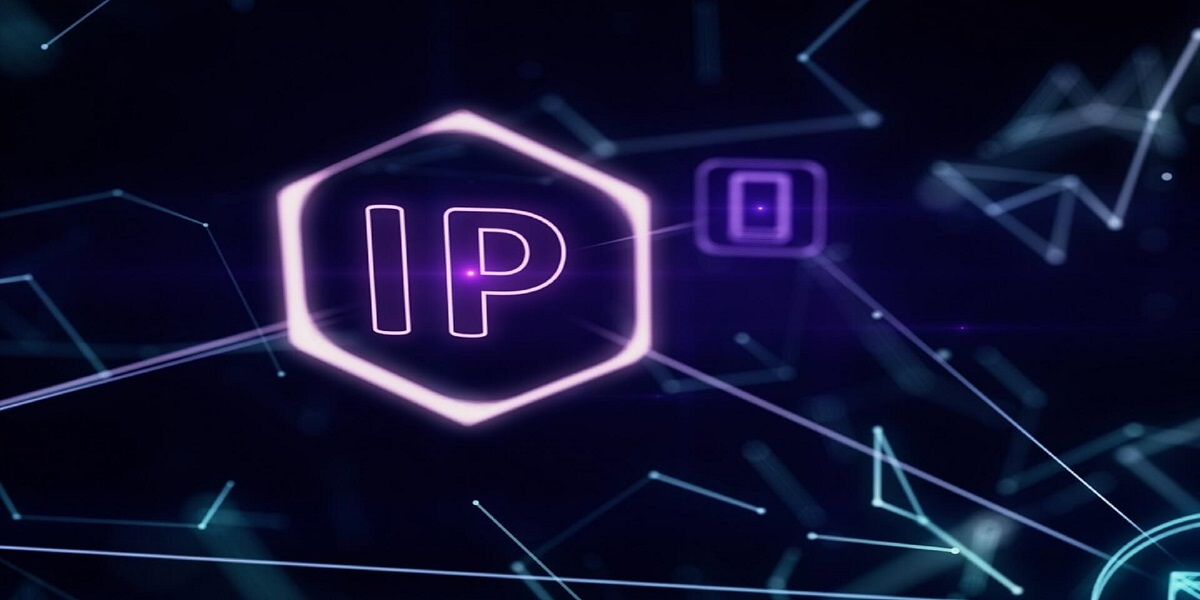
Cybersecurity is an increasing concern in today's world. With improvements in machine language and technical advancements, the world is becoming more evolved. However, everything has a downhill side of its own, and cybersecurity is not an exception to this.
Most crackers tend to break in networks and systems using something known as an IP address and this can be avoided easily using IP Router Login. So, knowing about how IP addresses work and how people can exploit your data just by using your IP address can help you save yourself, if any a case, should arise.
First Things First, What's An IP Address?
Every device connected to a computer network, be it any networks, it needs to have an IP address. IP is the abbreviation for Internet Protocol. The IP address of each device is unique. Is a numerical label assigned to each device connected to a computer network that uses the Internet Protocol for communication?
An IP address serves two primary functions: host or network interface identification and location addressing. What this means is that you can take complete control of a system using a proper IP address and can change the network settings, which is related to hosting networks. Moreover, if you are using a device connected to a network, the physical location of the invention, the hardware and software details of the device can be extracted using the IP address through which your device is connected.
Using advanced coding and intelligent jailbreak systems, even the personal data in a device can be stolen using the IP address when the device has an active internet connection. This can include any data if your device - contacts, messages, photos, videos, secure folders, almost everything on your device.
So, How Do You Protect Yourself?
Hiding IP addresses is perhaps the most common and easy way to bypass those greedy hackers. The easiest way to protect your IP address is by using a VPN - Virtual Private Network. By using a VPN on your device, you have the flexibility to access whatever site you want to, using a different IP address.
Days are gone when you need to enter addresses for connecting to VPNs manually. Today, we have a lot of apps that can connect to a VPN. The significant advantage of using a VPN is that it hides your IP address by accessing through either an encrypted address or some other address, different from the one used by your device. The VPN apps can also be configured to connect to servers of various countries across the globe. So, they change your location too.
Some browsers, like Opera, Tor, etc., come with a built-in function to hide IP addresses. Some third-party sources offer you network security if you pay them. However, using a VPN is the easiest and most common way.
There are various versatile apps and browser extensions available handy. These increase your privacy and network security and prevent people from exploiting your data using IP addresses.
Here Are A Few Tips:
1. Use a VPN while purchasing anything on the internet. When you pay using your card credentials or net banking, the sites are already encrypted by pesky hackers who always find their way to crack in. So, it is better to use a VPN while you're paying for shopping online.
2. Periodically clear cookies on your browser. Every time you go to a website, they use cookies to show ads related to your location and to enhance your experience. However, cookies do this by accessing your IP addresses. Even though everyone claims that the cookies do nothing more than showing ads, still, our security is at their stake. So, make it a habit to periodically clear cookies.
3. Use browser extensions that can hide your IP address or want you when it detects someone breaking in your system.
4. Never use the same passwords for multiple sites. One can even steal your passwords using your IP address. Many people have a habit of using the same or similar passwords for their emails, bookings, bank accounts, and other services. So, if this single password has been stolen, each of your assets is at risk. So, never use the same passwords for everything.
5. Use a trusted antivirus and firewall software. Turn on 2-step verification wherever available. The firewall prevents attacks, and dual-stage confirmations make sure everything is under your overlooking.
6. Keep all your devices password protected. Never give these credentials to anonymous sources.
7. Be careful while opening anonymous mails from unknown addresses as those may contain harmful files or links.
8. Social media security is an increasing concern. We all see a lot of news related to people getting cheated on social media. Always keep your profile private as it prevents unknown people from stalking. Reduce interactions and status updates. Don't fall prey to fake accounts and profiles. According to recent statistics, social media is the most preferred way for hackers to exploit people.
9. There are millions of sites on the web, which have 'attention grabbers' with captivating captions. They claim to pay vast sums of money for real purposes. Everything like that is fake. Don't get tempted by those sweet words.
These are just a few tips for a safer internet experience. I hope this clears some air about how much your IP address can affect your devices.
